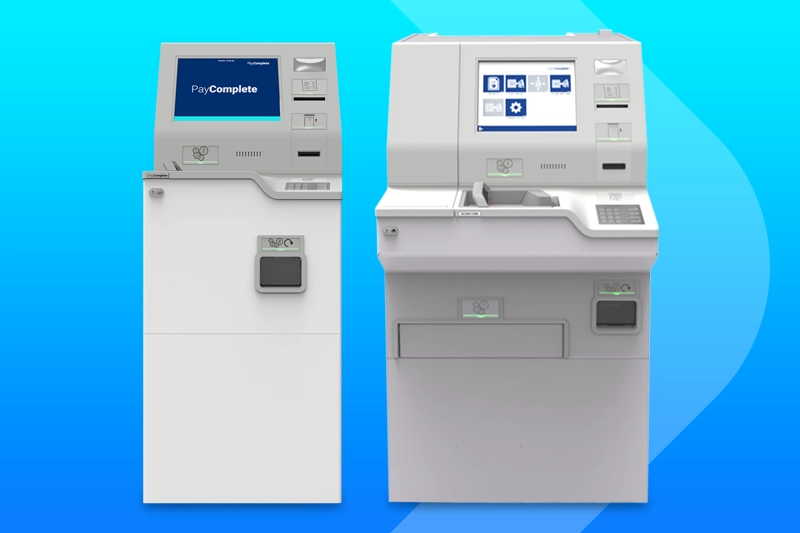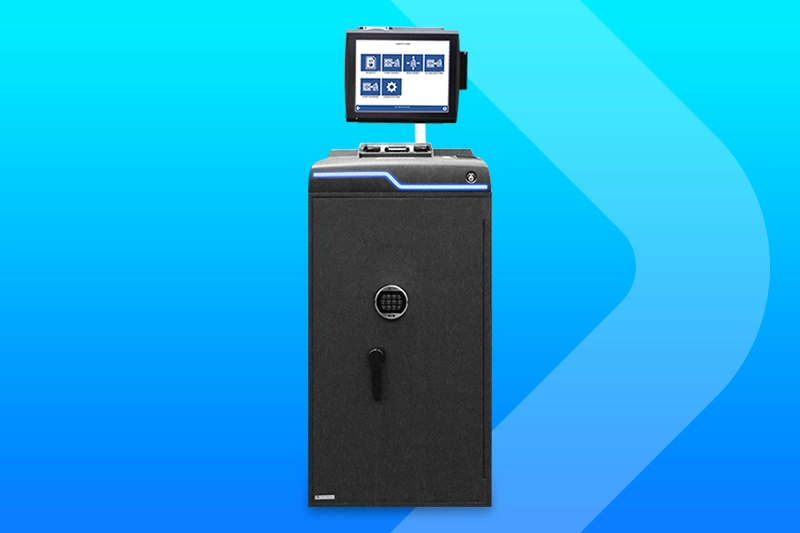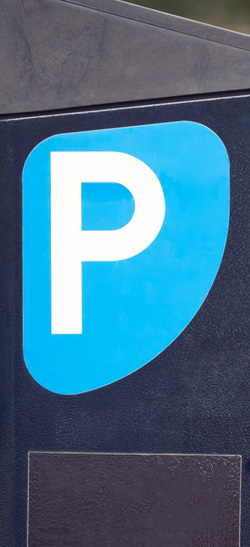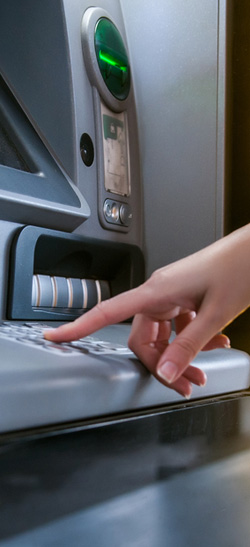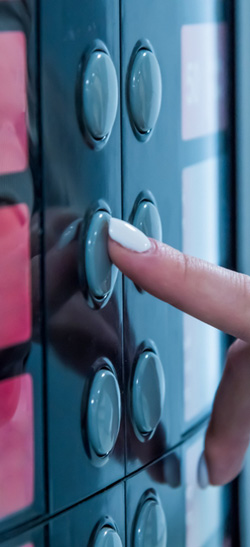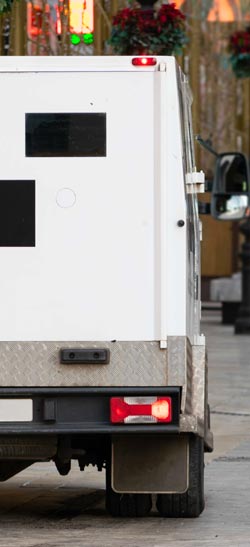In a society where cash transactions remain a cornerstone of commerce, efficiency and accuracy in cash management are more critical than ever before.
Counting money manually is not only time-consuming but also prone to human error, leading to financial discrepancies that businesses simply cannot afford. This is where money counters come in – transforming the way businesses handle cash with speed, precision, and security.
In this guide, we’ll explore how money counters work, the different types available, and why they have become an indispensable tool for modern businesses.
Whether you’re dealing with banknotes or coins, investing in a money counter can revolutionise your cash-handling process and improve financial accuracy.
What is a Money Counter?
A money counter is a specialised machine designed to automate and streamline the process of counting banknotes or coins.
Whether handling cash in a busy retail store, bank, or casino, these machines eliminate human error, reduce counting time, and improve efficiency.
At its core, a cash counting machine scans stacks of cash, rapidly tallying the number of bills or coins with remarkable accuracy. Unlike manual counting, which can be slow and prone to mistakes, money counters use advanced sensors, rollers, and even UV or magnetic detection to process large sums in seconds. Some models go beyond simple counting, some detect counterfeit bills and sort different denominations to ensure businesses handle cash securely.
From small businesses managing daily cash flow to large financial institutions processing large amounts of currency, money counters have become an essential tool for accuracy, security, and efficiency.
In short, they turn what was once a tedious, error-prone task into a seamless, automated process that takes a split second.
Money Counting Machines vs Money Sorting Machines
In the realm of cash management, money counting machines and money sorting machines serve distinct, yet complementary, roles.
Money Counting Machines are designed to swiftly and accurately count cash, whether that be the number of coins or bills counted. They excel in providing a total count, making them indispensable in environments where speed and accuracy are paramount. These machines often come equipped to detect counterfeits, ensuring that the currency is both authenticated and totalled.
Money Sorting Machines, on the other hand, go a step further by not only counting but organising specific denominations into separate categories. For instance, a coin sorter will segregate coins based on their size and value, depositing each of the different denominations into its designated compartment. This functionality is particularly beneficial for businesses dealing with large volumes of mixed currency, as it streamlines the process of preparing deposits and managing cash drawers.
In essence, while both machines enhance efficiency in cash handling, the choice between a counting and sorting machine depends on specific operational needs. Businesses requiring quick totals may opt for counting machines, whereas those needing organised breakdowns of various denominations and pattern recognition will find sorting machines more advantageous.
Types of Money Counters
In the realm of cash management, various types of currency counters have been developed to meet diverse business needs.
Banknote Counters
These machines swiftly count the number of banknotes in a stack without distinguishing the mixed denomination bills.
Banknote counters are ideal for handling large volumes of single-denomination cash, enhancing efficiency and reducing human error.
Mixed Denomination Counters
Equipped with advanced sensors, these counters identify and tally different denominations within a stack of mixed denomination bills.
These bill counters provide the total monetary value and count, streamlining operations where varied demonisations are common.
Coin Counters and Sorters
Designed specifically for coins, these machines count and sort coins into separate bins based on denomination.
Coin counters and coin sorting machines are essential for businesses such as vending machine operators or laundromats that process large quantities of coins.
Counterfeit Detection Counter
Beyond being just a currency counter, these devices incorporate features to detect counterfeit notes.
Utilising technology such as ultraviolet (UV) light, magnetic ink detection, and infrared scanning, they ensure the authenticity of banknotes, safeguarding businesses from fraud.
PayComplete’s Cash Counters
PayComplete takes cash-handling efficiency to the next level with its innovative Cash Counters and CashTech solutions. Designed for accuracy and security, these devices seamlessly integrate into businesses that demand precision in cash management.
PayComplete’s currency counters combine high-speed counting with advanced counterfeit detection, ensuring businesses can process large cash volumes while minimising fraud risks.
Our CashTech solutions go beyond counting – offering automation, real-time cash tracking, and seamless connectivity with financial systems.
Whether for retail, banking, or hospitality, PayComplete’s technology enhances operational efficiency, reduces labor costs, and provides a smarter way to manage cash.
What is a Cash Hopper?
The term cash hopper refers to a key component within money counting and sorting machines. The cash hopper is a compartment where banknotes or coins are initially placed before processing begins. Its primary function is to hold and feed currency into the machine’s counting mechanism in an organised and efficient manner.
Its key features include:
- Capacity: The size of the hopper determines how many banknotes or coins it can hold at once.
- Design and Material: Constructed from durable materials, cash hoppers are designed to withstand continuous use.
- Feeding Mechanism: A well-designed hopper ensures smooth feeding of currency into the machine, minimising jams and errors. Features such as auto-reverse anti-jam systems are incorporated in certain hoppers to enhance reliability.
The efficiency of a money counting or sorting machine is significantly influenced by the design and capacity of its cash hopper. A large hopper capacity reduces the need for frequent refills, thereby increasing throughput and productivity.
When selecting a currency counting machine, it’s essential to consider the hoppers specifications to ensure it aligns with volume and type of currency your business processes.
What is a Light Beam Counter?
A light beam counter is a fundamental technology employed by modern money counting machines to ensure rapid and accurate tallying of banknotes.
This system utilises a beam of light positioned beneath the path of the bills and a corresponding sensor above. As banknotes are fed through the machine via rollers, each passing note interrupts the light beam. The sensor detects these interruptions, allowing the machine to count each bill with high precision. This method enables the processing of numerous bills per minute, significantly enhancing efficiency in cash-handling operations.
Beyond mere counting, advanced light beam counters are integrated with additional sensors to detect counterfeit currency. For instance, some machines incorporate ultraviolet (UV) light detection systems that illuminate fluorescent features present on authentic banknotes but absent on counterfeits.
This dual functionality ensures not only the accurate counting of currency, but the identification and rejection of fraudulent bills, providing a comprehensive solution for businesses that handle large volumes of cash.
The efficiency and reliability of light beam counters have made them indispensable in various sectors, including banking, retail, and hospitality.
By automating the counting process and incorporating counterfeit detection, these machines minimise human error, save time, and protect businesses from potential financial losses due to fraud.
Cash Counting Machines’ Importance to Cash Management
Efficient cash management is paramount for businesses of all sizes. Cash counting machines have emerged as indispensable tools in this domain, offering a blend of speed, accuracy, and security that manual counting simply cannot match.
Enhanced Accuracy and Efficiency
Manual cash counting is not only time-consuming, but prone to human error. Even the most meticulous individuals can make mistakes, leading to discrepancies that affect a business’s bottom line.
Cash counting machines mitigate this risk by providing precise counts at remarkable speeds, allowing staff to focus on customer service and other critical business tasks.
For instance, modern machines can process hundreds of bills per minute, ensuring that cash-intensive businesses maintain smooth operations.
Strengthening Security Measures
Beyond counting, cash machines are equipped with advanced counterfeit detection features. Utilising technologies such as ultraviolet (UV) light, magnetic ink detection, and infrared scanning, these machines can identify fraudulent banknotes, safeguarding businesses from potential losses.
In an era where counterfeit money remains a concern, this added layer of security is invaluable.
Adapting to Modern Cash Handling Needs
Despite the rise of digital payments, cash remains a vital component of the economy. Recent trends indicate a resurgence of cash usage, with ATM withdrawals increasing for the third consecutive year.
This uptick underscores the need for efficient cash handling solutions, especially in communities affected by bank closures, where access to banking services is limited.
Businesses in these areas rely heavily on cash transactions, making the role of the cash counting machines even more valuable.
Supporting Financial Inclusion
Cash counting machines also play a role in promoting financial inclusion.
In regions where digital infrastructure is lacking, cash remains the primary medium of exchange. By streamlining cash handling processes, a currency counting machine enables businesses to operate more efficiently, fostering economic growth and stability in underserved communities.
The Importance of Fraud Prevention in Cash Counting Machines
Incorporating robust fraud prevention features in cash counting machines is essential for businesses to safeguard their financial assets.
These machines often come equipped with advanced counterfeit detection technologies to identify fraudulent banknotes during the counting process.
By automatically detecting and rejecting counterfeit currency, these machines not only enhance operational efficiency but protect businesses from potential financial losses associated with accepting fake money.
Implementing such fraud prevention measures is a proactive step in maintaining the integrity of cash transactions and ensuring the accuracy of financial records.
Other Tools Related to Counting Cash
Both businesses and financial institutions rely on a variety of tools, beyond the standard currency counting machine to ensure efficiency and accuracy.
This auxiliary of devices play an incremental role in handling both coins and banknotes, as well as safeguarding against counterfeit bills.
Cash Drawers and Safes
Secure storage of cash is a fundamental aspect of cash management.
Cash drawers, often integrated within a point of sale (POS), provide organised compartments for different denominations, facilitating quick access and efficient transactions.
For large amount of money, especially overnight storage, businesses utilise safes equipped with advanced locking mechanisms to protect against theft and unauthorised access.
Money Scales
Money scales offer a swift alternative to traditional counting methods by weighing coins and banknotes to determine their value.
These devices are particularly useful for businesses needing to perform end-of-day cash reconciliations, as they can handle both coins and note simultaneously, proving accurate counts in a fraction of the time required for manual counting.
Conclusion
Cash counting machines have revolutionised cash management, offering businesses unparalleled speed, accuracy, and security. By automating counting and incorporating counterfeit detection, these machines reduce errors, improve efficiency, and safeguard financial transactions.
Whether handling banknotes or coins, investing in the right money counter can streamline operations and enhance financial control.
As cash remains a vital part of the economy, businesses must stay ahead with reliable cash-handling solutions.
Explore PayComplete’s advanced Cash Counters and CashTech solutions today to optimise your cash management process and protect your business from fraud. Contact us now to find the perfect solution for your needs!

Related Posts


